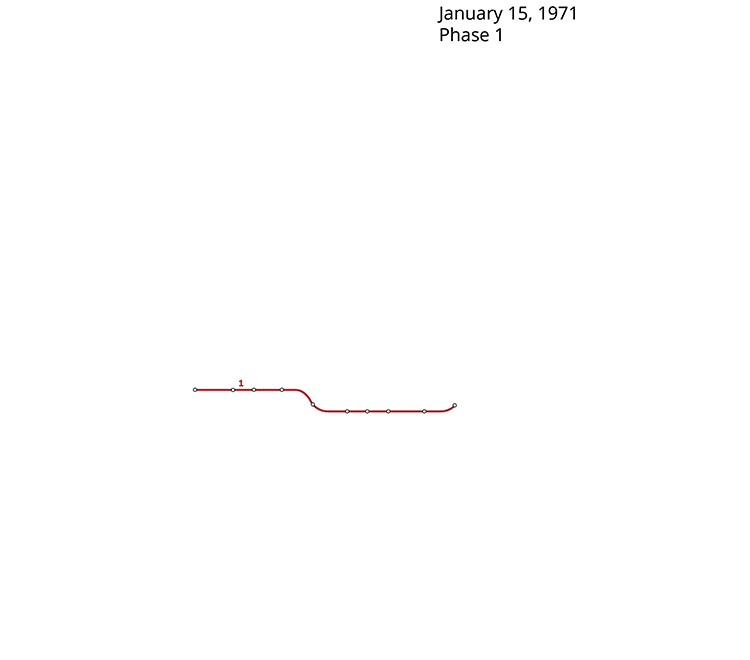Hendrik_2000
Lieutenant General
Much older? I don't know. The written tradition of Chinese civilization comes back to the Shang oracle bones, the oldest of which is from about 1100 BC. On the other hand the Greek alphabet is identified from about 800 BC.
Therefore, there is not much difference: Western civilization is also quite old.
Nope Xia is much older.Western historian are blinded by the need for the exisitence of writing to proof dynasty existence But language didn't show up until Shang dynasty So the proof is in the archeological digging and they find plenty of proof in Erlitou site and relic As well as recent finding that collaborate the story of the great flood China did form a multi discipline team to verify the flood story. I did post it somewhere in the history thread
The Xia Dynasty (2070–1600 BC) - China's First Dynasty
Archaeological Evidence? - Xia Era Relics Found
A site (called Erlitou) was discovered in the central Yellow River basin where the Xia Dynasty is said to have ruled. It is between Luoyang and Zhengzhou, in western Henan Province.
Radiocarbon dating places these discoveries between 2000 and 1500 BC. But it is unknown whether the Erlitou people were the people who were called the Xia.
Bronze tools and artifacts were dug out. But no written records have been found except for some markings on pottery and shells.
Erlitou Artifacts
Many stone tools, pottery, jade ware, bronze ware, horn implements, and mussels were unearthed. A Chinese dragon-shaped object decorated with beautiful turquoise was believed to be the original image of a Chinese dragon.
As more Erlitou culture evidence is unearthed, we will see what evidence there is to prove that the Xia Dynasty existed.
Historical Records of the Xia Dynasty
[IMG alt="Records
of the Grand Historian"] of the Grand Historian.
Some ancient accounts tell about the rise and fall of a small kingdom along the Yellow River in the northern part of the country over a 500-year period. But the accounts were all written later than the Xia Dynasty.
The main ancient accounts are in the Records of the Grand Historian (written between about 109 and 91 BC by Sima Qian), and the Bamboo Annals. The Bamboo Annals was written by official historians of Jin and Wei during the Spring and Autumn period (770–476 BC).
Xia Dynasty Origin Stories in Detail
The Origins of Xia - Descendants of a Great Emperor
Recorded in the Records of the Grand Historian, there were battles between clans before Xia was established. Xia was one of Zhuanxu's descendant clans. Zhuanxu was one of the five great emperors in ancient times.
Yu the Great Established the Xia Dynasty (Reign: 2029–1978 BC)
Yu the Great was appreciated by Shun, the Xia clan's king at that time. Because the Xia tribe grew stronger, they were able to defeat a rival tribe. Shun sent Yu to suppress the Sanmiao tribe and he succeeded, which helped to make the Xia clan a strong one. Shun passed his throne to Yu the Great, and the Xia Dynasty began.
Before the Xia Dynasty, the clans passed their kingship to a reputable person. But Yu the Great passed his kingship to his son, Qi. Then the dynastic system began.
There was another story that Yu the Great planned to pass the throne to Gaotao, but Gaotao died before Yu the Great. And then he planned to pass it to Boyi, but his son Qi gained a higher reputation than Boyi. So Qi killed Boyi and succeeded the throne.
Stories of Yu the Great Taming Yellow River Floods
In the written stories, there was once a great flood that lasted many years, in about 2215 BC. A man named Yu the Great was given the task to control the flooding on the Yellow River by a sagely king named Yao (2358–2258 BC).
As you can see, the dates of these supposed events don't even match. It is said that Yao told Gun, who was Yu's father, to control the flood.
But the dikes that he built against the flooding didn't work. They collapsed, and the area was flooded. So Yao executed Gun and recruited Yu. Instead of relying on dikes, Yu had canals dug to divert the water. Digging the canals meant removing a mountain. The place where the mountain was removed was called Yu's Doorway (禹门口).
The flood works united the people along the Yellow River together. Yu the Great tamed the flood with other clans, gaining him a good reputation. Because of greater harvests, the Xia tribe grew stronger. People respected Yu highly for successfully controlling the flood, and he later became the ruler of the Xia clan.
Last edited:

